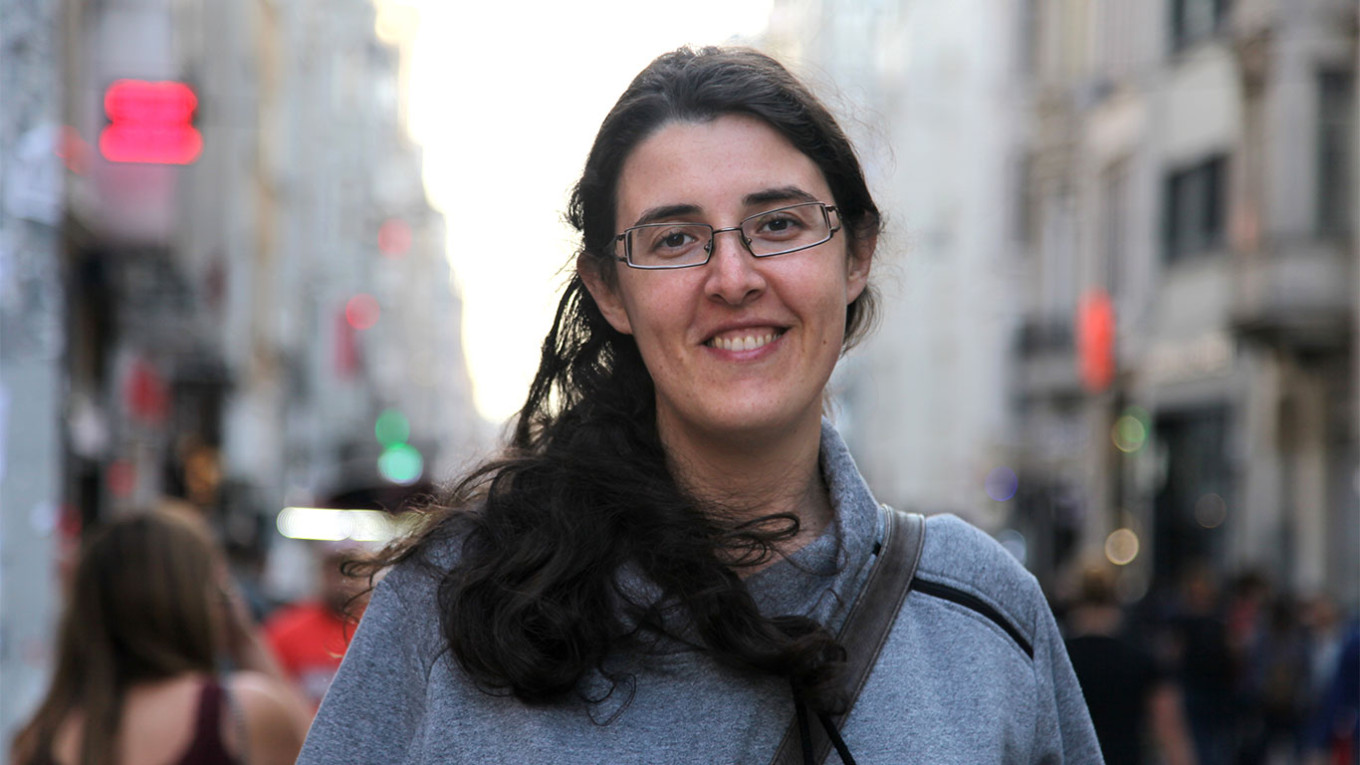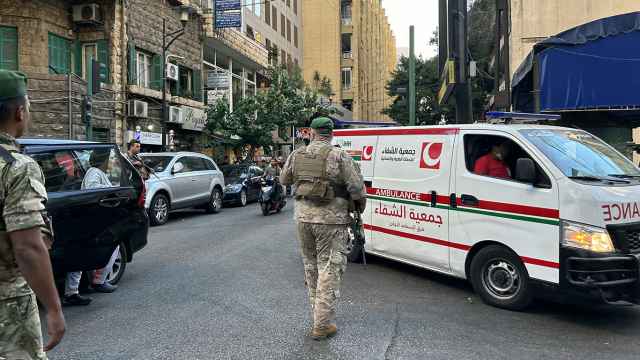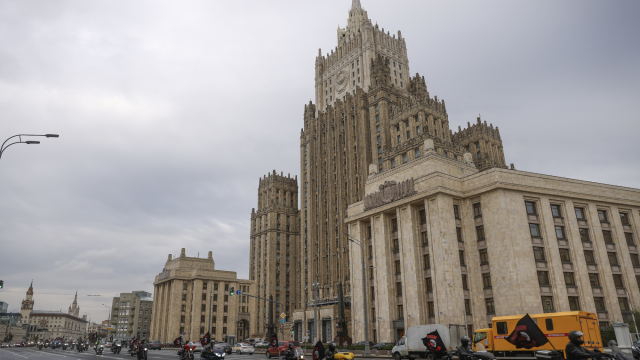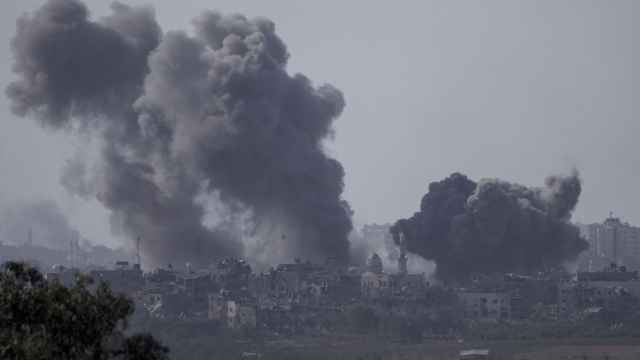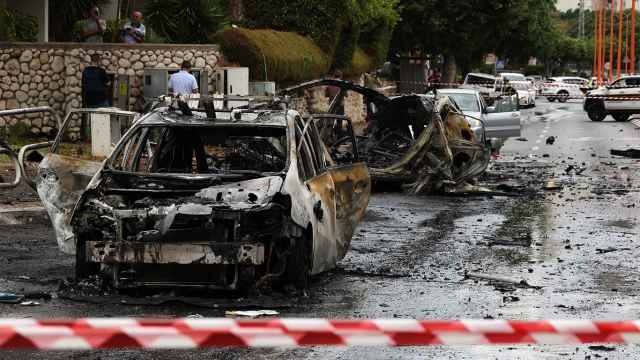Moscow is unaware of the missing Israeli-Russian academic Elizabeth Tsurkov’s Russian citizenship and has not been approached by her relatives, the country’s ambassador in Iraq said Monday.
Israeli Prime Minister Benjamin Netanyahu’s office said Wednesday that Tsurkov — an Israeli-Russian dual citizen — was being held by a pro-Iranian Shiite militia in Iraq, where she had gone missing “several months” before.
Russia’s Ambassador in Baghdad Elbrus Kutrashev told the state-run news agency RIA Novosti that he had not received any appeals from Tsurkov’s family or friends.
“I don’t know whether she is really a Russian citizen or not, where she came from and whether she entered Iraq or not,” Kutrashev said.
He added that the embassy has not contacted the Iraqi government on Tsurkov’s disappearance.
The Kremlin vowed last week to inquire with Russia’s Foreign Ministry on taking steps to protect Tsurkov’s “interests.”
Russia’s Foreign Ministry has not commented on Tsurkov’s disappearance.
An anonymous Russian source quoted by the Kommersant business daily characterized the Israeli government's assertion that Tsurkov had arrived in Iraq on her Russian passport for research as a “provocation.”
“She has been living in Israel since 1990, associated herself with that very country, her relatives did not turn to Russia’s Foreign Ministry for help,” Kommersant quoted the source as saying.
“They chose which country to live in, and this is the answer to all questions,” the source added.
The Iraqi government said last week it had opened an investigation into Tsurkov’s kidnapping in March.
Russia’s Foreign Ministry told AFP in late April that the Russian embassies in Iraq and Iran did not have any information about Tsurkov’s Russian citizenship or whereabouts.
AFP contributed to this reporting.
A Message from The Moscow Times:
Dear readers,
We are facing unprecedented challenges. Russia's Prosecutor General's Office has designated The Moscow Times as an "undesirable" organization, criminalizing our work and putting our staff at risk of prosecution. This follows our earlier unjust labeling as a "foreign agent."
These actions are direct attempts to silence independent journalism in Russia. The authorities claim our work "discredits the decisions of the Russian leadership." We see things differently: we strive to provide accurate, unbiased reporting on Russia.
We, the journalists of The Moscow Times, refuse to be silenced. But to continue our work, we need your help.
Your support, no matter how small, makes a world of difference. If you can, please support us monthly starting from just $2. It's quick to set up, and every contribution makes a significant impact.
By supporting The Moscow Times, you're defending open, independent journalism in the face of repression. Thank you for standing with us.
Remind me later.


